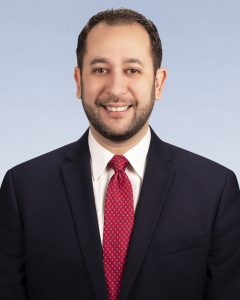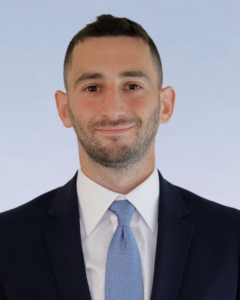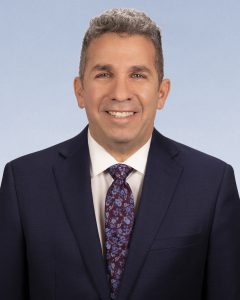Large Firm Service. Small Firm Attention.

SHARE
Office for People with Developmental Disabilities Must Address Staffing Crisis in New York
Published August 11, 2022
by Sandi Rosenbaum, Special Education / Special Needs Advocate
New York’s Office for People with Developmental Disabilities (OPWDD) will release its long-overdue new Statewide Comprehensive 2023-2027 Strategic plan in November 2022, following feedback and discussion. The draft Strategic Plan has been available since Spring 2022. A plain language version is also available. While OPWDD’s in-person public forums have concluded, the New York State Legislature’s Standing Committee on People with Disabilities will conduct its own hearing into the 5.07 Strategic Plan on September 13.
Many individuals with developmental disabilities are not receiving needed services right now. Too few staff members are working too many shifts, and burnout is a grave concern. Minimal staffing levels at residences no longer permit weekend outings or even, in some cases, basic socialization with and among residents. OPWDD’s top priority must be addressing the staffing crisis. We urgently need to recruit more DSP’s and retain those who have been working unsustainable levels of overtime for years. Without staffing, there are no services.
People are served by OPWDD because they require supports to access the community, to work, and to grow toward independence. When natural supports, that is, family, are not able to fill the gap, residents sit at home, becoming less productive and independent, requiring more support and supervision. It is particularly difficult for families with loved ones living at home. These families urgently need more Family Support Services, yet funding has shrunk by some 40% here in Westchester over the past few years. OPWDD must care for these caregivers. (OPWDD announced on August 12 that it will make $3.5 million available statewide for local distribution, but the FSS councils await information on the allocations for each region and the RFP process to award contracts to service providers.)
Data transparency is critical. Benchmarks to increase wages and fill staff vacancies are only a first step. Staff vacancies dramatically understate the gap in services. Since long before the pandemic, thousands of families have been unable to cover their authorized hours for respite or com hab, day hab, not to mention intensive behavioral services, for which Westchester lacks even one provider. Aging parents and others urgently need residential care for their loved ones, and too few find it. OPWDD needs to understand services billed relative to services authorized, because when people aren’t using their services, it’s usually because they aren’t available. This is the true gap.
This lack of needed services is due partly due to the staffing crisis, but also because existing programs don’t fit the needs of the population. The situation is most acute for the complex needs population, but extends far beyond. Many people with less severe medical and behavioral needs are not effectively served by existing day or employment support programs. While some have fashioned effective self-direction programs, OPWDD must increase capacity and flexibility of service models so that more people can utilize their authorized services consistent with their needs.
If you have questions on accessing OPWDD services for your loved one, it’s a good idea to contact an experienced law firm or advocate—with knowledge on accessing public benefits.
Categories
Recent Posts
Explore In-Depth

Corporate & Securities

Elder Law & Estate Planning

Special Needs Planning

Special Education Advocacy


















